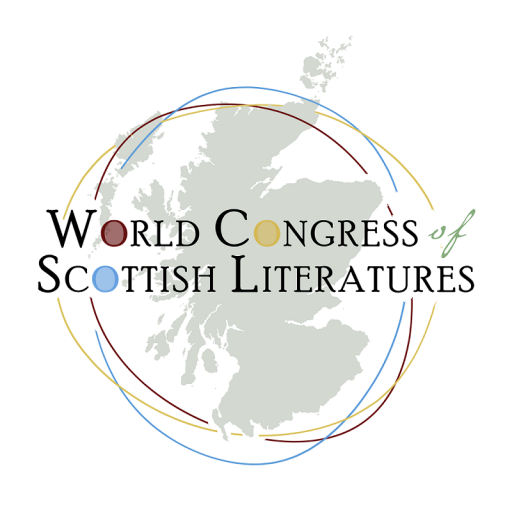The Treatment of the Oscar Wilde Trials in the Scottish Newspaper Press
It has been widely observed that silence was a key means of repressing homosexuality in the nineteenth and twentieth centuries. As Jeffrey Meek notes, ‘throughout the late nineteenth and early twentieth century, the Scottish print media were reluctant to engage in any salacious reporting’ for fear that reporting on ‘acts of gross indecency’ would authenticate homosexuality and popularise knowledge about it. Nevertheless, the Oscar Wilde trials in 1895 proved sensational and were widely reported in England. This paper examines the reportage of the Wilde trials in Scotland, their presences and absences, through comparative analysis to investigate whether the Scottish press was particularly invested in silence. Through discourse analysis, the paper will also consider how the late nineteenth-century Scottish press referred to (or obscured) homosexuality, which will hopefully help shed light on Scottish literature c.1880-1920 and its treatment of queer subjects. The paper will also briefly consider the treatment of comparable Scottish figures, such as Hector Macdonald and his suicide in Paris in 1903. Scottish periodical coverage of events outside of Scotland will speak to the transnational theme of the Congress.
Michael Shaw, University of Stirling, Scotland
